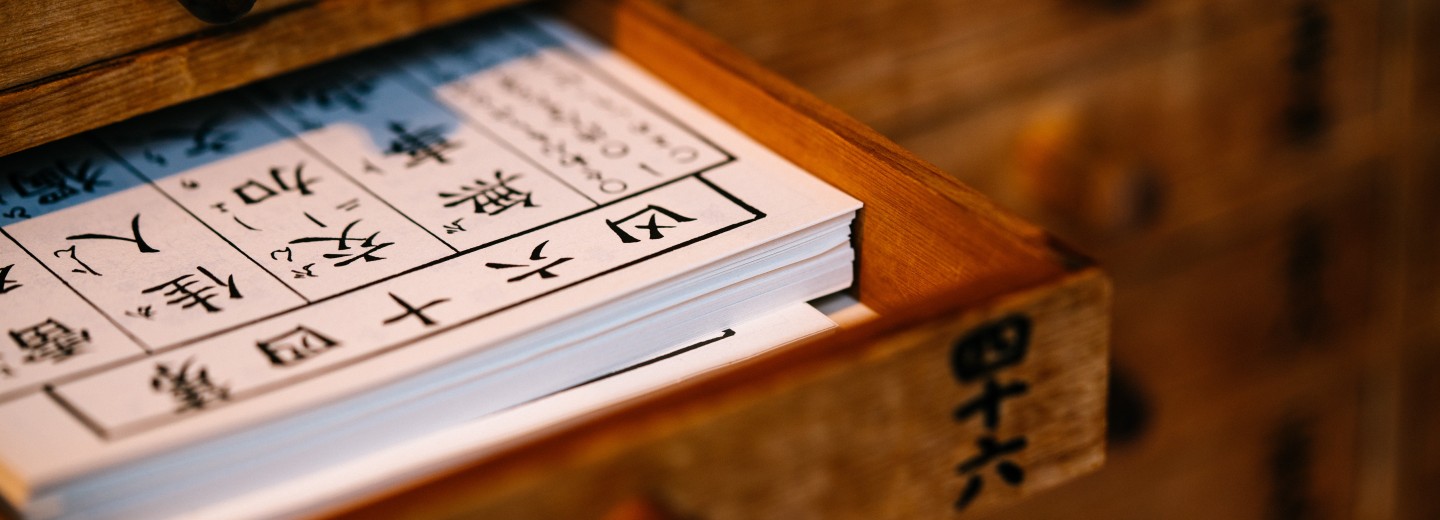Chinese medicine
Are doctors and medicine the first things you think about when someone falls sick? Perhaps. In Chinese society, however, there has been a tradition of self-healing following the natural order of the human body and nature. I condensed the writing below from articles in Ifeng.
In a sense, it can be said that the history of mankind is the process of fighting disease. As one Chinese saying goes, "Everything when born has no disease. Medicine is to nourish life and cure its diseases."
However, modern people's attitude towards treating diseases with medicine has not been positive. In 1882, Shen Bao published a story about not relying on the doctor to treat illnesses. According to the article, Li Zhaotang, the Minister of Fujian Shipbuilding, often felt unwell, could not sleep at night, and his forgetfulness was particularly bad; apparently, he suffered from swollen and painful ankles and was irritable. However, he never liked to take medication but only took some deer antler wine, health pills and other health supplements. Until his condition worsened, he did not undertake medical treatment. Instead, he sent his subordinates to purchase Tingzhou longevity boards while he indulged in flowers and plants as if nothing had happened.
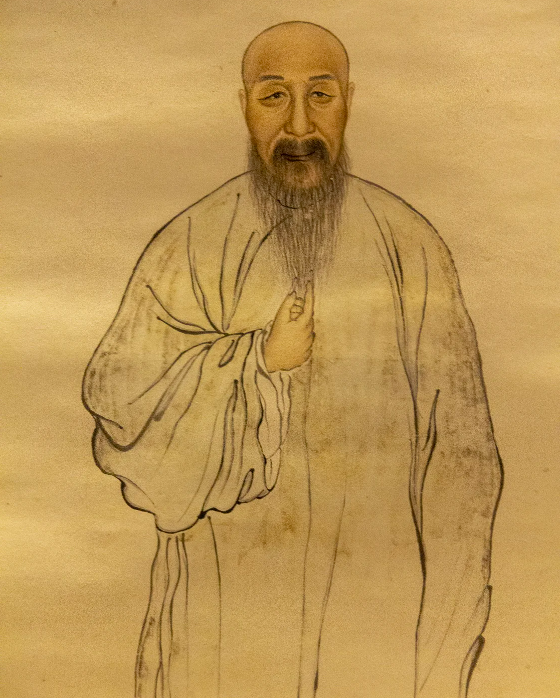
(Tingzhou longevity boards are used in traditional Chinese funerals. Some believe using these boards can bring longevity to the deceased and their descendants. The boards are made from high-quality wood and are often decorated with intricate carvings and designs. While Tingzhou longevity boards are not as common as once, they are still used in some parts of China today.)
In fact, Li Zhaotang’s practice of not relying on the doctor to treat an illness was not a special case among the gentry at that time but a common choice. Zeng Guofan was another example of those who advocated no medicine. In his letters to his family, he repeatedly stressed that he did not believe in medicine, saying that the cure for one's health should be "no medicine" and that prudence in diet and abstinence in appetite were the most important means of maintaining health.
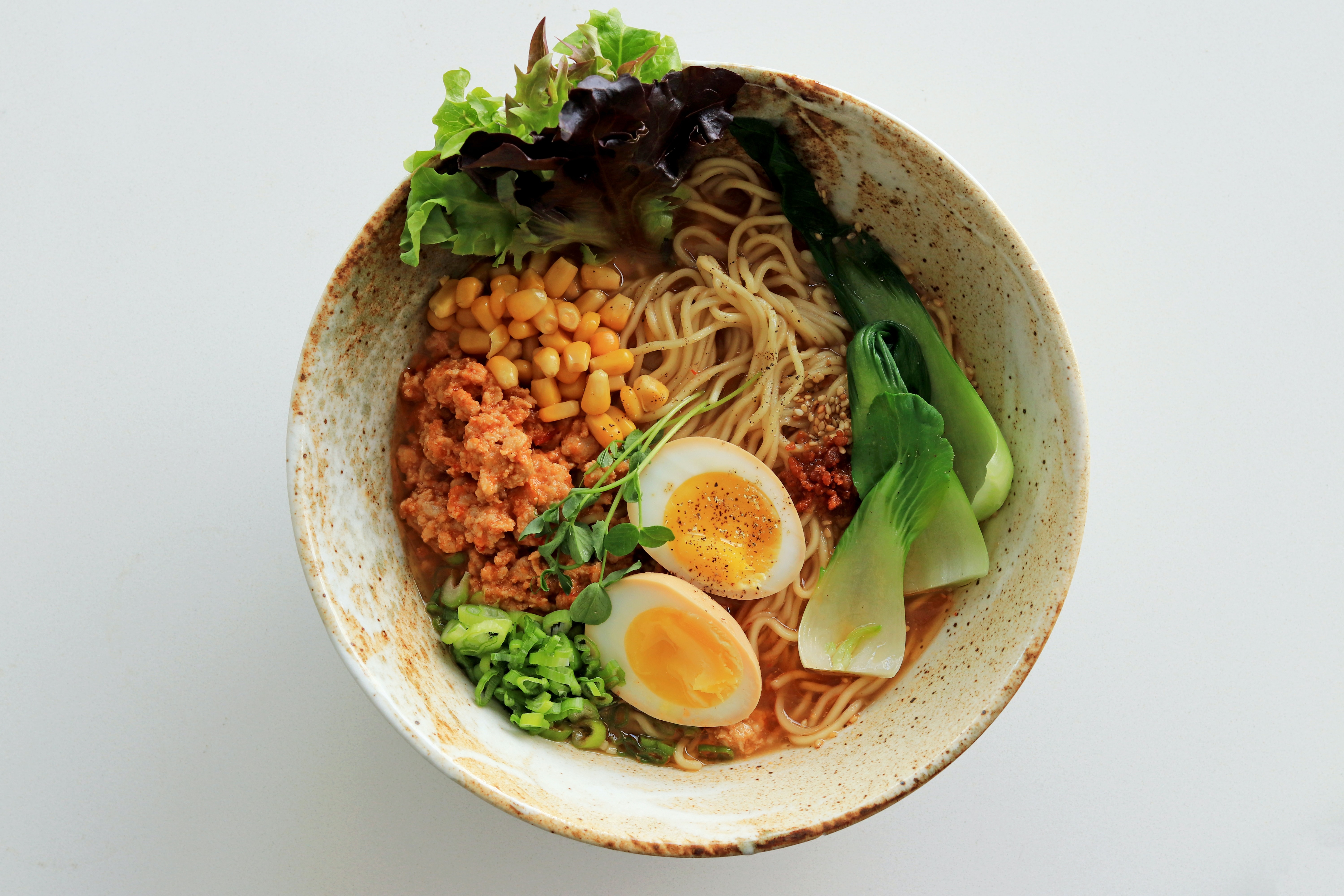
The ‘no medicine’ method is based on a prudent diet, abstaining from greed, and not taking medicines. The family letter repeatedly urged this concept of health. The idea of not using doctors was respected by the Chinese gentry and taken for granted by the public.
In the view of traditional Chinese medicine practitioners, "In most cases, when one is sick, nourishing one's body is the most important thing, and taking medicines is the second most important thing." Whenever ordinary physical ailments occur in modern China, people follow their experiences and let nature take its course rather than actively seeking medical help. People often say, if you have a minor illness, you must not take medication, you can listen to your own body and let it heal itself.” Therefore, listening to nature when one is ill is one of the ways to preserve one's health.
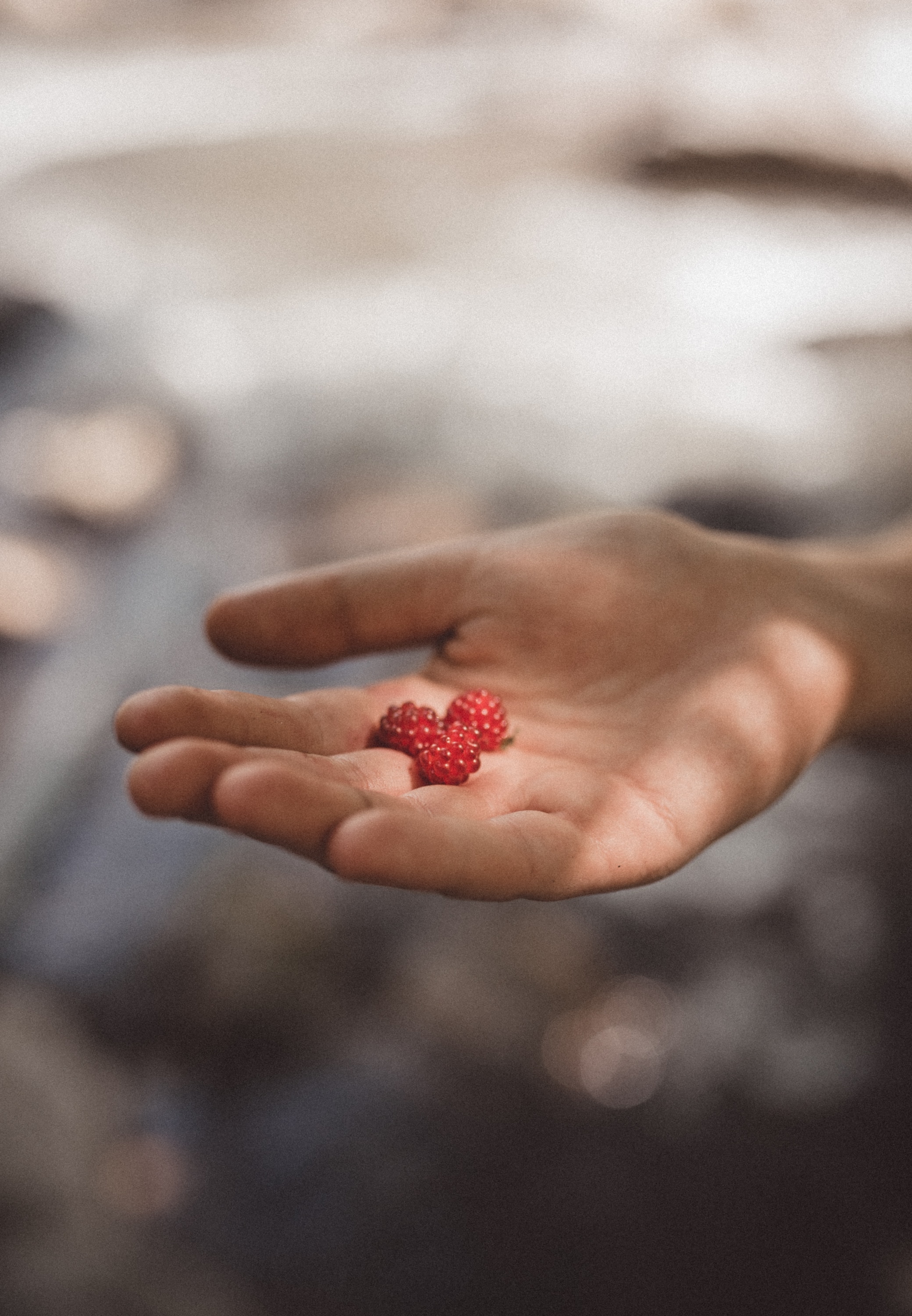
In traditional Chinese knowledge, the body is not just a combination of physiological organs but an open, dynamic field. The human body has the same origin, functioning laws, and structure as heaven and earth. It is a subsystem of heaven and earth with the potential to communicate with heaven and earth.
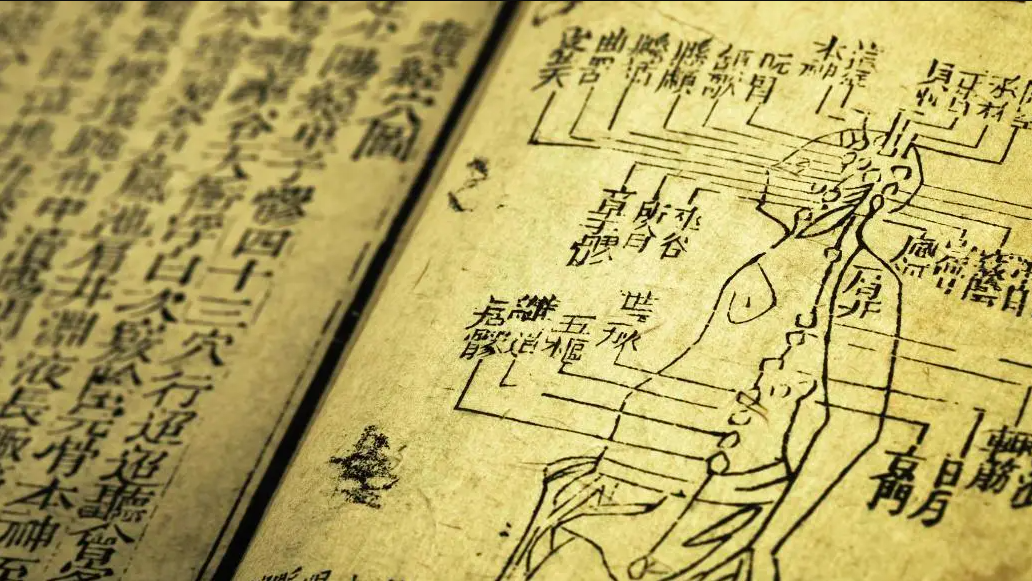
According to Chinese medicine, the flow of blood and qi in the human body may be contrary or smooth, and it should follow nature. Cheng Kuo-peng, a famous doctor in the Qing Dynasty, said in "The Heart of Medicine’:
There are general principles of disease, and there are only eight words: cold, heat, emptiness, realism, appearance, interior, yin, and yang.
These eight characteristics interact to form sixteen subheadings, forming a massive network of disease classification. In this network, although very different, the body's lesions and related diagnosis and treatment are always related to the eight elements.
With the popularity of the natural body view, modern Chinese people treat physical health with a more maintenance and preventive attitude. With remarkable resilience, China's excellent traditional culture constantly renews and develops itself. It still glows with vitality and reflects the value of its history.
My comment
During the COVID epidemic, physicians inside and outside China expressed concern about Chinese people resisting vaccination. Conventional Western medicine believes that vaccinations help prevent disease and death. These I-Feng articles clearly confirm that traditional Chinese views consider vaccinations and medicines are unnecessary and should be the last resort in curing disease.
Worked on the article:

Wanlikhang


